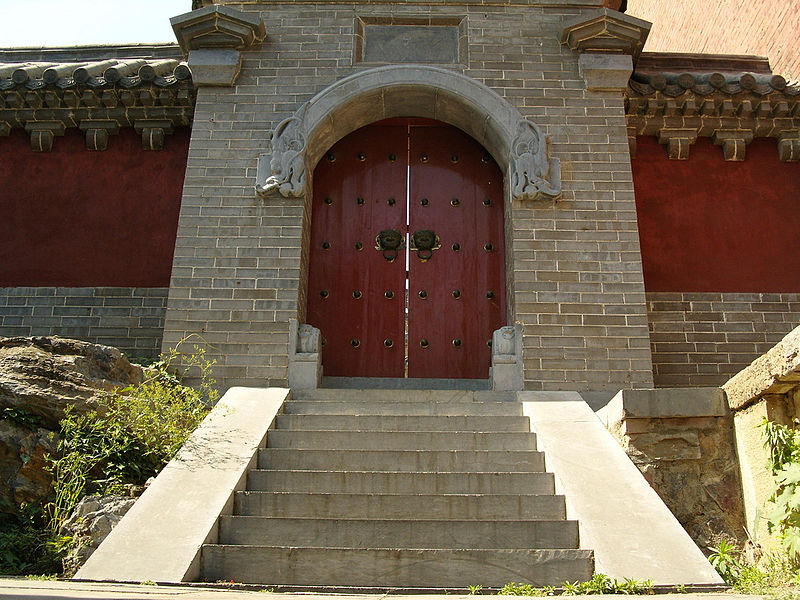





 |
 |
 |
 |
 |
 |
|---|---|---|---|---|---|
 |
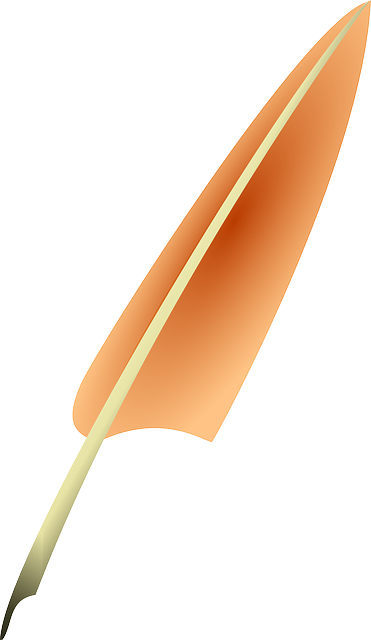 |
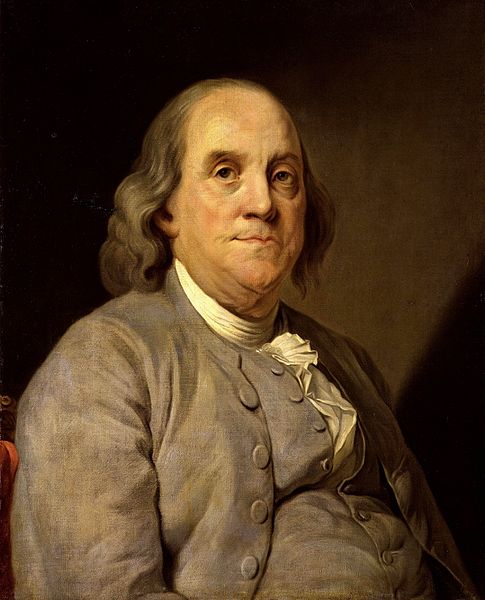 |
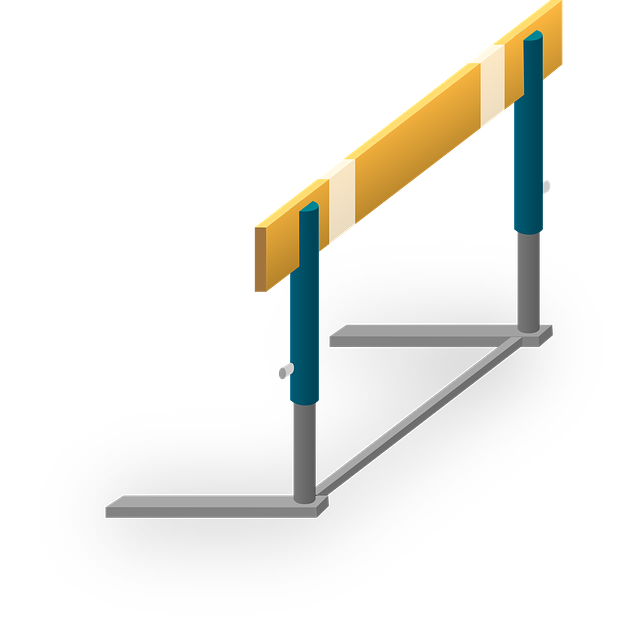 |
|---|---|---|---|
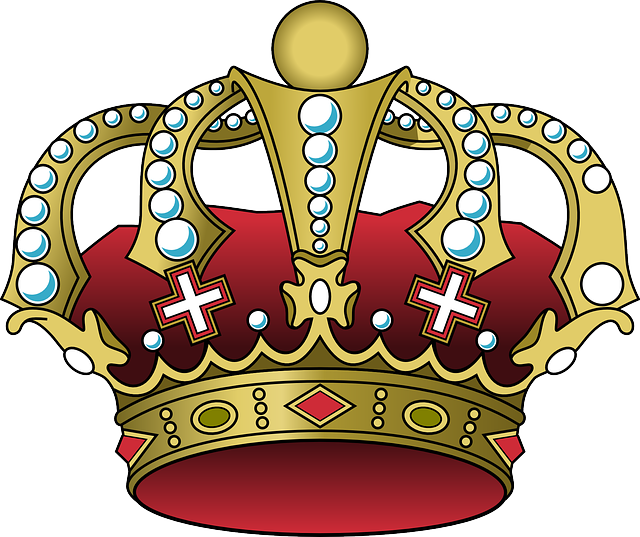 |
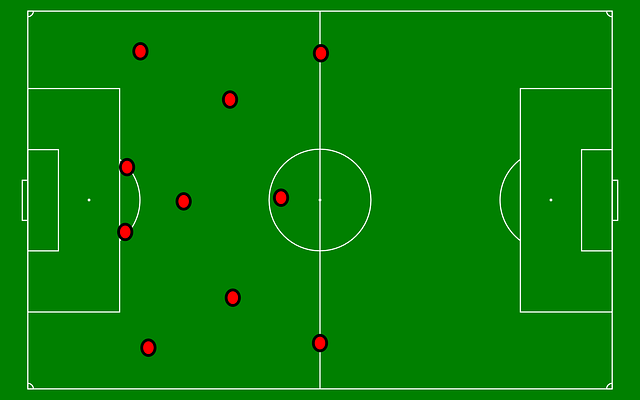 |
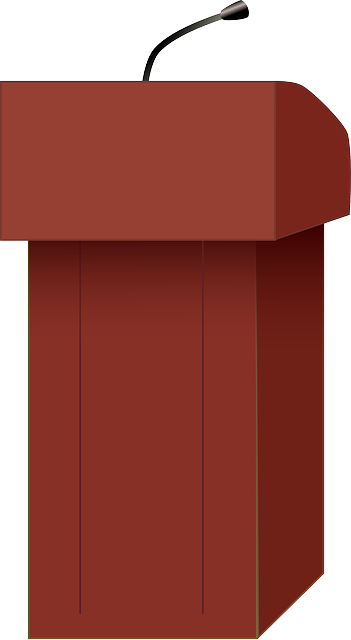 |
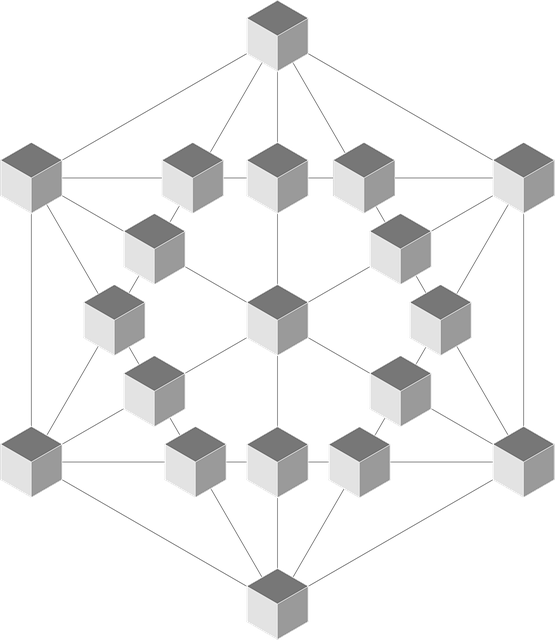 |
|---|---|---|---|
 |
|---|
 |
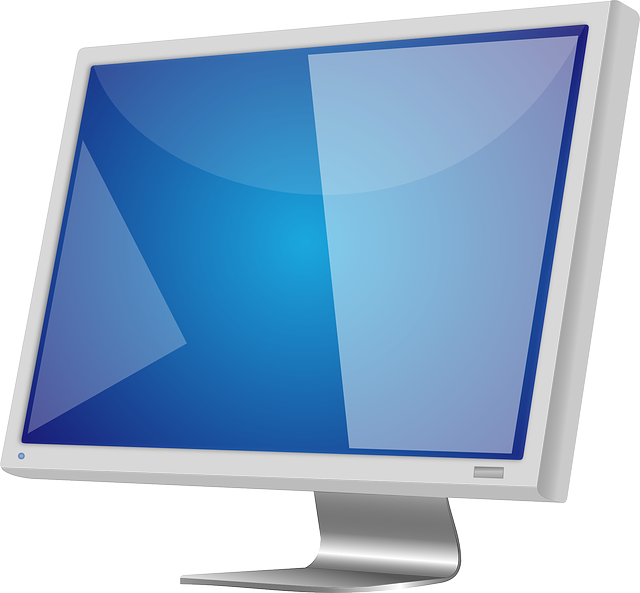 |
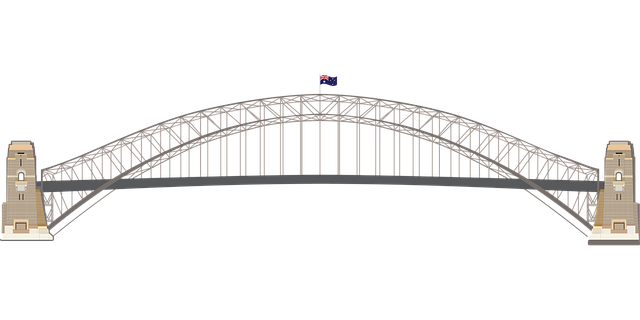 |
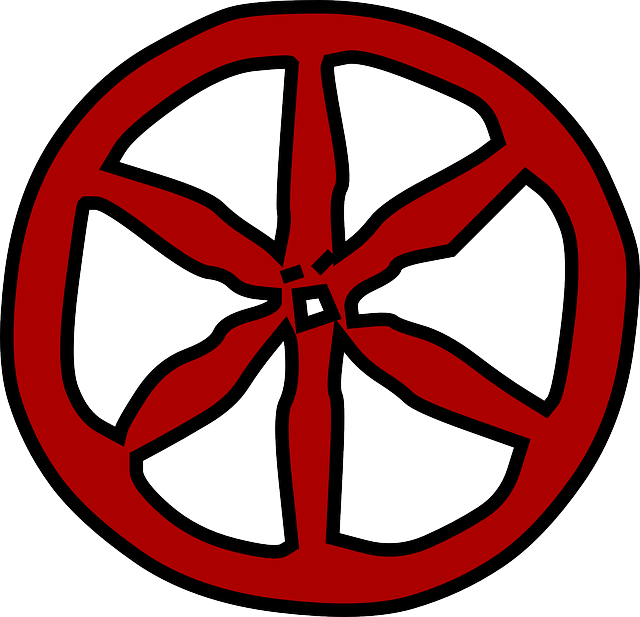 |
|---|---|---|---|
 |
 |
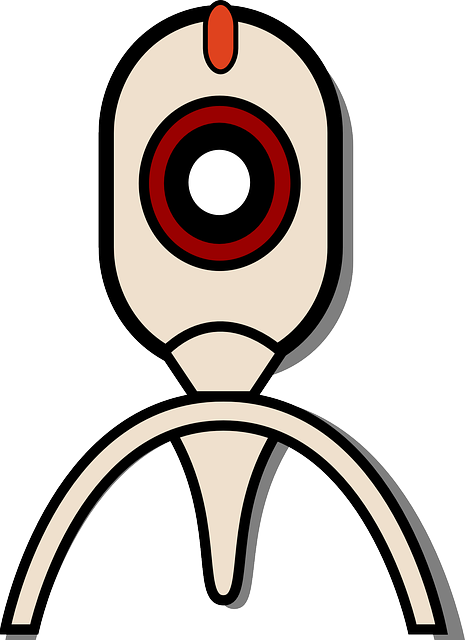 |
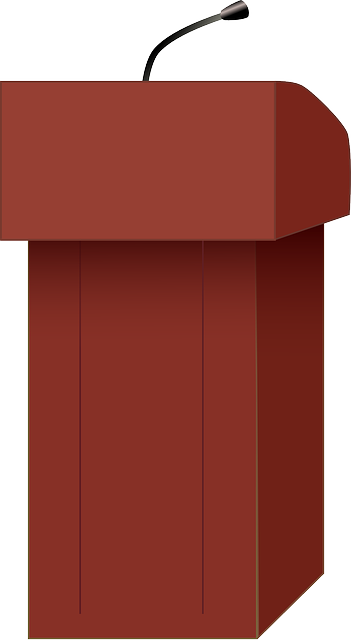 |
|---|---|---|---|
Use all forms of communication. Text, audio, video, and in-person.
 |
|---|
Have many text channels. For example:
Main channel with big traffic and fast responses.
Specialty channels with lower traffic, for long-term coherent dialog.
Long posts.
Introductions.
Best posts reposted.
Informal.
Trash talk. Drunken rants.
Moderators.
Teachers.
Individuals. Every teacher and student gets a personal channel.
Gorify individuals.
Like a session of "show and tell".
Bicker club. Politeness not required. Trash bin.
Politics
Have an option to make subchannels.
Have links between channels.
Give channels serial numbers so that they can be linked.
Enable shared documents and shared libraries.
Have a channel for epic posts.
Have channels for all timescales. Have fast channels with a timescale of a minute, slow channels with a timescale of a day, and channels for timescales in between.
Enable editing of posts after they've been written. It encourages people to post fast, since they can polish the post later. It reduces clutter.
A voice channel should have a dedicated text channel associated with it.
The audio channel should often have people in it, to attract more people.
Audio gives substantially more communication than text.
 |
|---|
Write summary posts that summarize a thread.
Threads should never expire.
Give a numerical ID to channels, threads, and groups, so that they can be tagged.
Enable tagging people in posts.
Give tags options like "urgency" and "importance".
Be able to customize alerts and sounds.
 |
 |
 |
 |
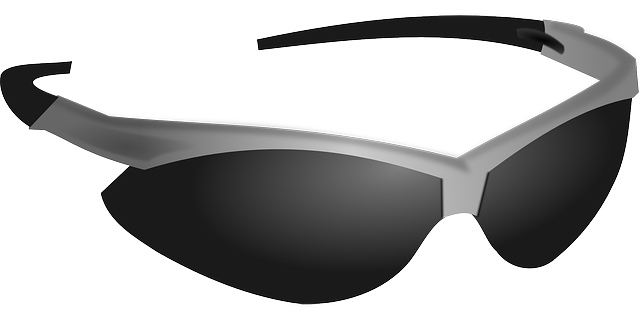 |
 |
 |
 |
 |
|---|---|---|---|---|---|---|---|---|
Have an arsenal of emoji.
Have original emoji.
Encourage users to design emoji.
Have private messaging, and enable multiple channels for 2-ways. Have encryption. Have an option for anonymity.
Enable the formation of groups, and enable groups with multiple channels.
It's often strategic to group users into lodges, accoring to their mutual interests. Lodges can be of varying sizes and you can be a member of many lodges.
It's often strategic to group users into lodges, accoring to their mutual interests. Lodges can be of varying sizes and you can be a member of many lodges.
Have an event feature, with invitations.
Make the forum a nexus for events, with things like watch parties and eSports.
 |
 |
 |
|---|---|---|
Have a control panel with lots of displays, and be able to customize the displays. The displays are combined into a global control panel, and the control panel should make you feel like you're piloting a starship.
Examples of displays:
Commands
Wall: What you present to the world.
Newsfeed: Incoming informaton.
Broadcast: Outgoing posts.
Alerts
Bio: Your personal page about yourself. Enable html.
Friends
Chats
Groups
Surveys
Statistics: For example, statistics on your contacts and posts.
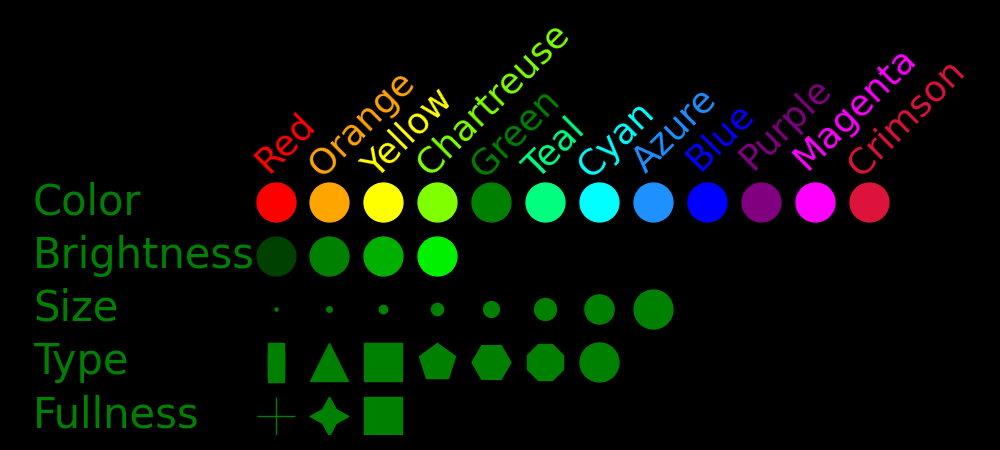 |
|---|
For a 2D display, the available dimensions are:
X coordinate
Y coordinate
Color
Brightness
Symbol size
Symbol size
Symbol type
Symbol fullness
Vectors give more dimensions, such as:
Length
Direction
Width
Color
Brightness
Posts are passed around as packets. A packet can have text, an image, a link, an urgency indicator, an importannce indicator, and other indicators.
Packets should be compact so that many can fit on a display.
Have an option for specifying the size of a packet on the screen.
When posting images in forums, have an option for specifying the size of the image.
The display arranges packets by urgency, importance, and other factors. The newsfeed is a 2D box, and you can sort packets in the box. For example, the X coordinate can be "time" and the vertical coordinate can be "importance". You can also use color and packet size to sort posts.
Have games, along with discussion forums.
Be polite, respectful, and ambassadorial. Deescalate instead of escalate.
Give time to reading posts and study them.
Reward good posts with likes and replies.
Be synergistic.
Be a conversational catalyst. Give people material to work with.
Be untyranical. Don't hog the stage.
Look for positives before negatives. Comment constructively.
Avoid assumptions. If forced to assume, use positive bias. If someone says your assumption is wrong, back down.
Don't psychoanalyze people.
Don't oversimplify. Don't use the straw man strategy. Instead use the steel man strategy where you assume that people's statements are complex. and backed by more that they haven't yet said.
If there is disagreement, stage a debate that entertains.
If you mention someone, tag them.
Be pithy. Minimize words and syllables.
Use rhyme and alliteration.
Use poetry structure if possible.
Use paragraph structure wisely.
Use 'standup comedy' structure. Open with something that invokes imagination. Then develop. Pack the punch at the end, preferably on the last word.
Use the techniques of good writing.
Use tone, rhythm, and musical phrasing.
Be able to speak at low pitch. Use pitch dynamically.
Leave pauses so that the audience can think or interject.
If you've already said enough to make your point, trail off and stop talking.
Know your material well so that you can focus thought on oration.
Rehearse
Get audience feedback.
Build a team of panelists with good chemistry.
Practice the art of banter. Have an arsenal of shared experiences.
There should be abundant silence. Silence gives a speaker the luxury of delivering a point leisurely, and it makes it easier for people to jump in.
A panel should be able to focus on a topic.
Pass the conversational ball often.
If you interject a speaker, don't steal the topic. After speaking, give the conversational ball back to the speaker. Interjections should be synergistic with the speaker.
If there is a panel already rolling and you join as a newcommer, you should listen to the conversation for a big before speaking. When you speak, speak to the present topic.
The quality of a debate hinges on the quality of the moderator.
Designate a moderator.
Rotate the moderator.
Make it possible for multiple people people to contribute harmoniously, at the same time.
Laughter is good. You can add sound without talking over the speaker. Also use Wookie sounds.
Give each panelist a whiteboard and markers.
Give each panelist a computer and projector.
Use musical instruments and sound effects.
Background music should be low frequency so that it doesn't interfere with voice. It should also be low volume, so that people can talk at low volume.
For a panel, have a team that's not on camera, doing things like:
Provide the panelists with information
Manage special effects for sound and visual.
Display things on a projector.
Interact with fans on social media.
 |
|---|
Post fast replies, to encourage students to post fast. You want real-time dialogue in the text forum.
Have alerts for posts that warrant fast attention.
 |
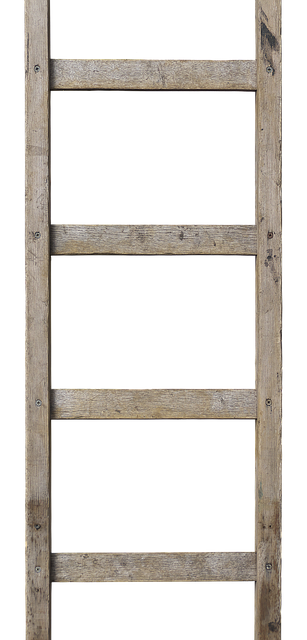 |
|---|---|
A sound bite
A paragraph
A chart
Numbers
A calculation
A link to a website with expanded material.
A link to a youtube video.
Questions for the audience.
Teachers can team up to produce a heavy post.
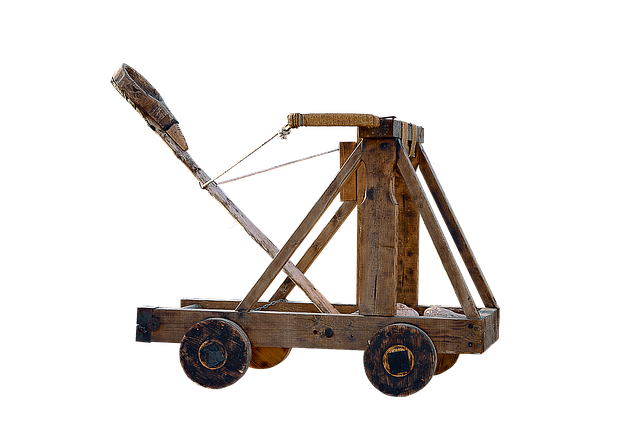 |
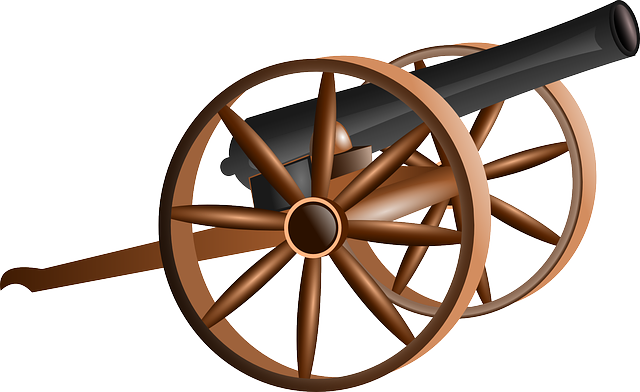 |
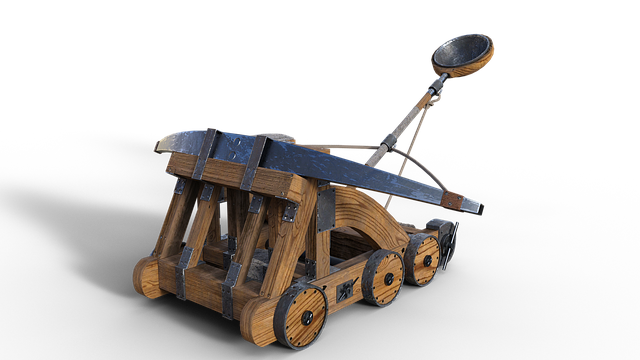 |
|---|---|---|
Have a web page of resources, with things like:
Pop-science articles
Daily news
Frequently asked questions
Plots
Extra credit problems
Technical material
Teacher biographies
It helps your image to have an arsenal of textbooks that you wrote. Use both public material and your own textbooks.
 |
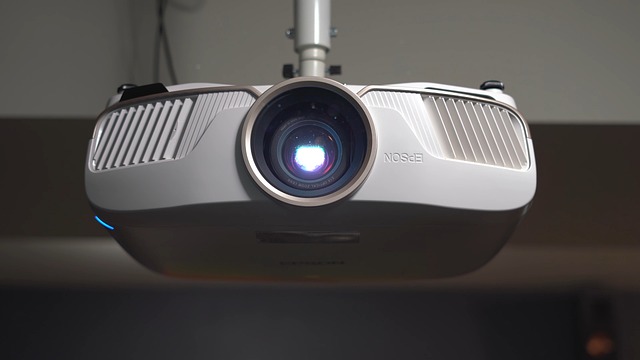 |
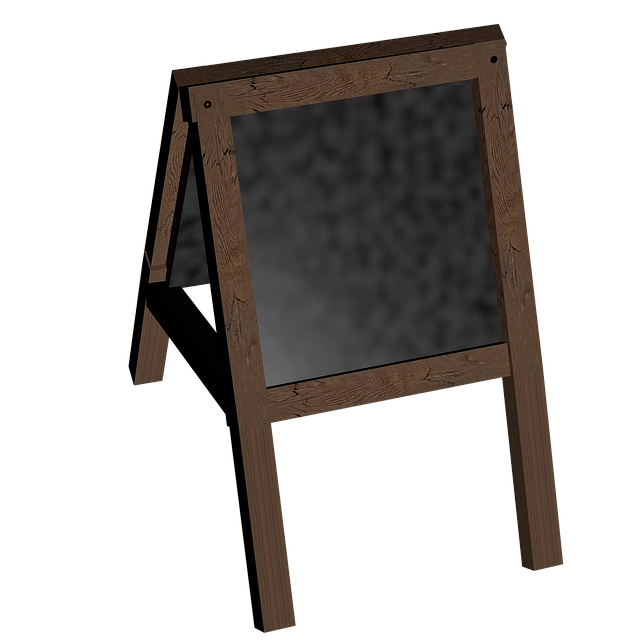 |
 |
 |
|---|---|---|---|---|
Have a nice background, and have cool foreground objects.
 |
 |
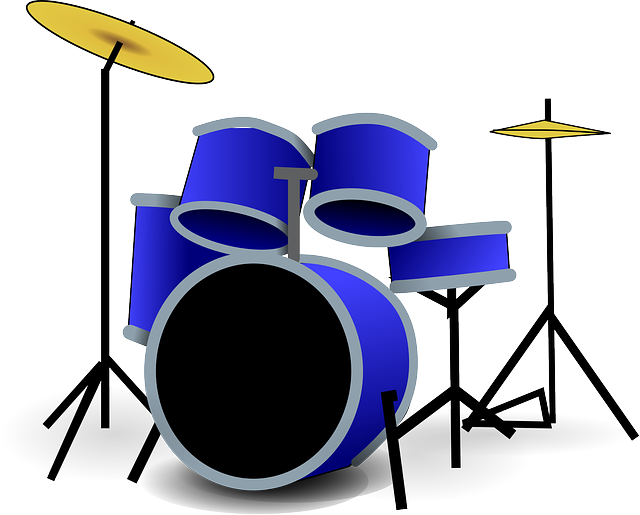 |
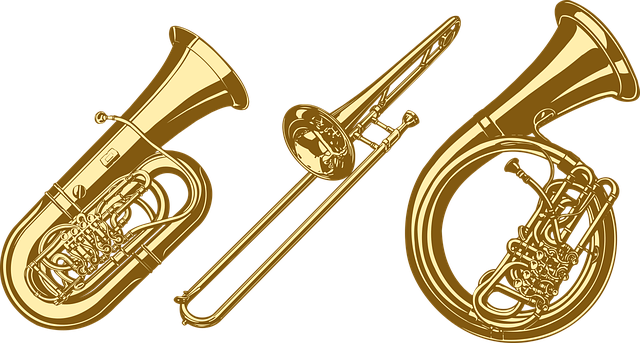 |
|---|---|---|---|
Have a system for audio and visual, and include instruments.
 |
 |
 |
 |
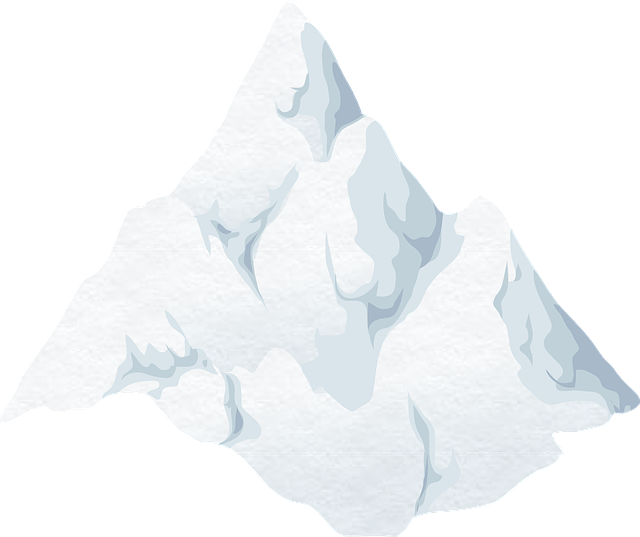 |
||
|---|---|---|---|---|---|---|
Have problems at all difficulty levels.
Encourage students to have the patience to tackle hard problems.
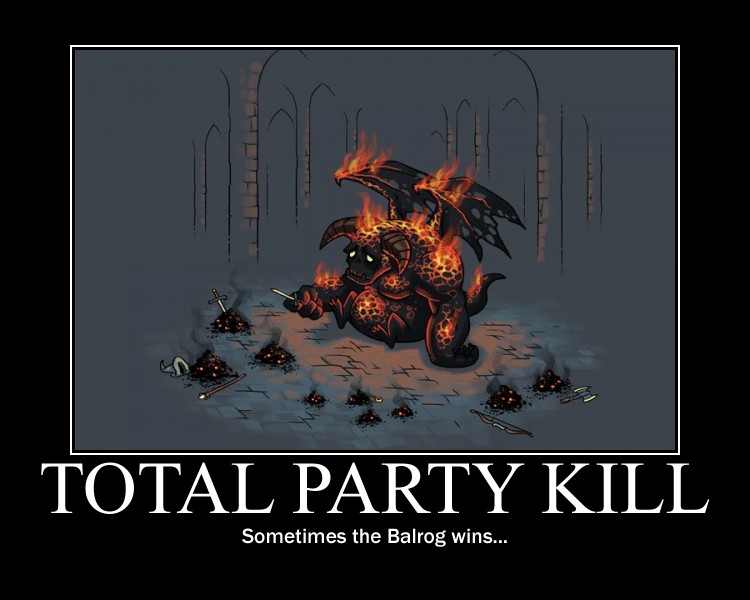 |
|---|
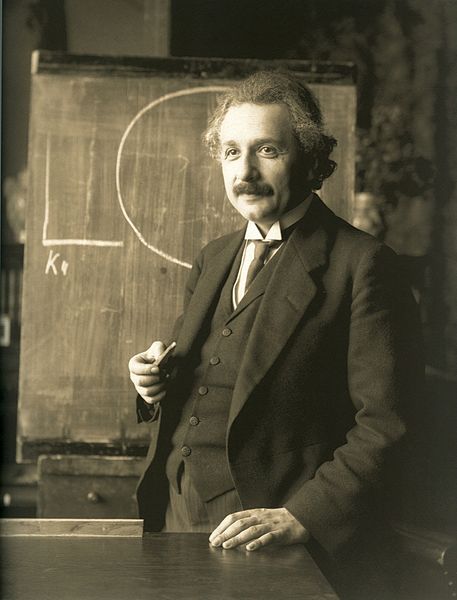 |
 |
|---|---|
 |
 |
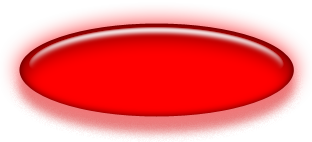 |
|---|---|---|
Offer students both the red and blue pill. If they take the blue pill, make sure they know it's a blue pill.
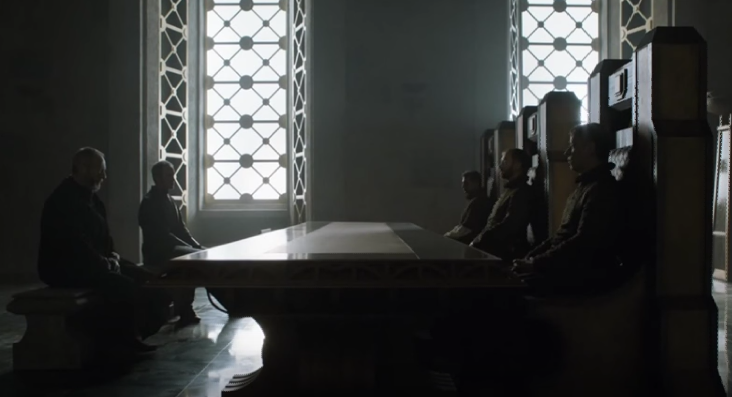 |
 |
|---|---|
Use numbers to make things objective. Ask numerical questions. Have abundant plots.
Teach Fermi style, the art of approximation.
Teach units-style calculations.
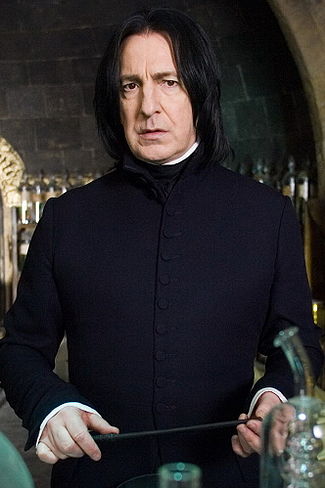 |
 |
|---|---|
Teach material that is practical and powerful.
Have multiple ways to score points. For example, the Tour de France has multiple categories, such as best climber, best sprinter, best overall time, most combative, best team, etc.
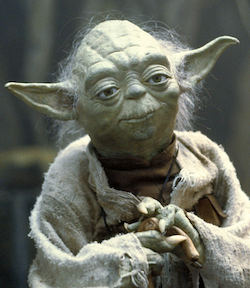 |
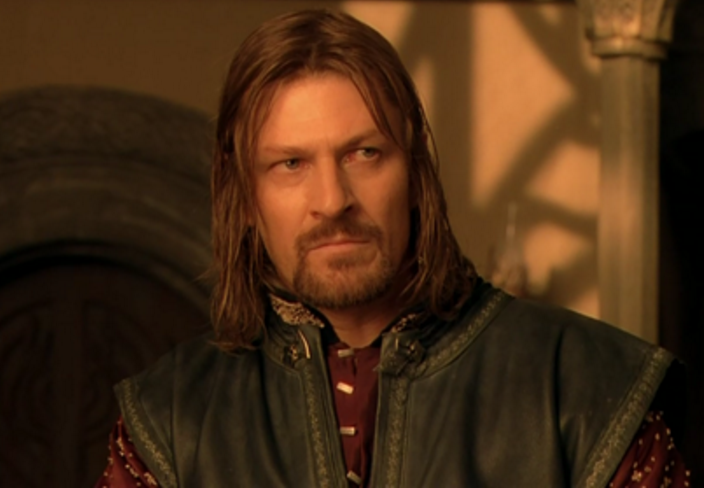 |
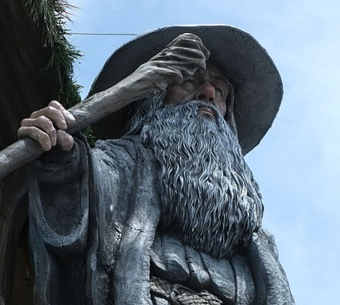 |
|---|---|---|
Find ways to motivate students to work hard.
 |
 |
|---|---|
Be specific about what is good work.
Write letters of recommendation.
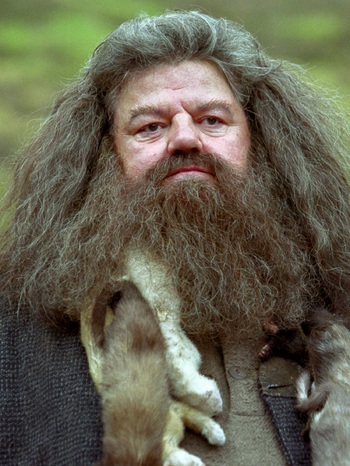 |
||
|---|---|---|
Celebrity teachers attract students, and students respect celebrity teachers. A school should help its teachers look like celebrities. This helps get respect from students.
Give teachers license to have style. Humanize them.
Have forums for students and alumni. You want students to retain an interest in the school after the class concludes, and you want to network students.
Encourage connecting to forums in other schools. Your school is an exclusive club, like a fraternity, and this helps with networking outside the school.
Establish a network of homeschools, churches, museums, and elderly homes.
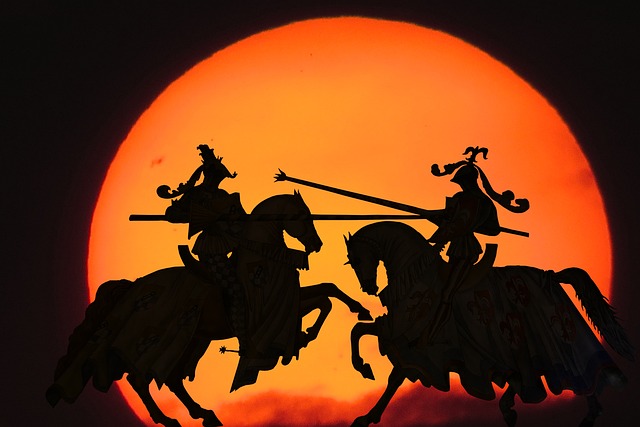 |
|---|
Establish a presence on science forums, and establish scientific respect on the forums. Fight science duels and win. Show that your science teaching is of value to the forum.
There are lots of cheap ways to advertise, especially in online forums. Establish a presence on online forums and use the opportunity to advertise.
You want students to endorse your classes to other students.
Have a set of sample material online that endorsers can point to.
Allow any topic to be raised.
Have teachers cross over between classes. For example, the ecology class has a full time ecologist, and scientists from other classes occasionally post.
 |
 |
 |
|---|---|---|
Game shows are fun. Hold game shows and score students by their speed and accuracy.
You want students to do the reading before the lecture. A game show based on the reading encourages students to do the reading.
Homework can be assigned that has value to teachers. For example, have students assemble data and analyze it. Choose projects where the output can contribute to teacher's webpages.
From Carnegie's book 'Winning Friends and Influencing people',
Give honest, sincere appreciation.
Arouse in the other person an eager want.
Become genuinely interested in other people.
Be a good listener. Encourage others to talk about themselves.
Make the other person feel important - and do so sincerely.
Talk in terms of the other person's interest.
If you are wrong, admit it quickly and emphatically.
Begin in a friendly way.
Get the other person saying, "Yes, yes" immediately.
Let the other person do a great deal of the talking.
Try honestly to see things from the other person's point of view.
Be sympathetic with the other person's ideas and desires.
Dramatize your ideas.
Throw down a challenge.
Call attention to people's mistakes indirectly.
Talk about your own mistakes before criticizing the other person.
Ask questions instead of giving direct orders.
Let the other person save face.
Praise the slightest and every improvement. Be "lavish in your praise."
Give the other person a fine reputation to live up to.
Use encouragement. Make the fault seem easy to correct.
 |
 |
|---|---|
Use power minimalistically and have good jurisprudence. It should be okay to challenge a moderator's decisions.
A leader has duty to advancing the team. Place the team above yourself.
Be a good arbiter. Find solutions that are good for all sides.
Moderators have duty to give big time.
 |
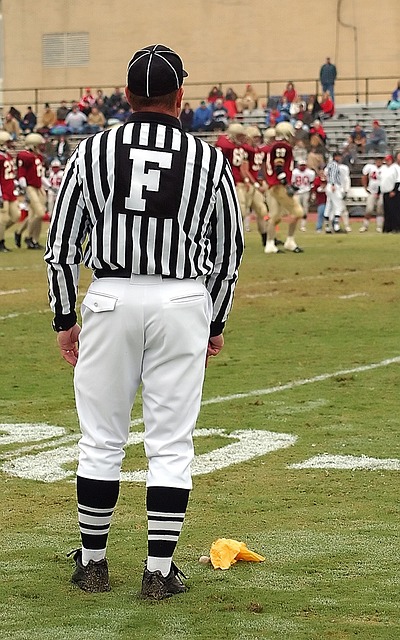 |
|---|---|
A timeout and reset sometimes solves strife.
Have a penalty box where peace is negotiated.
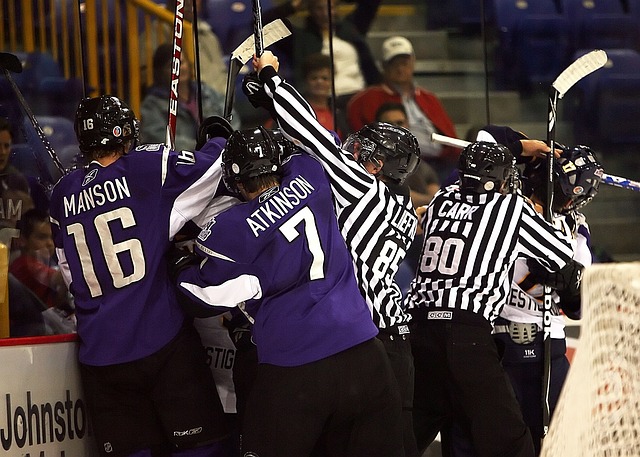 |
|---|
Establish rapport in advance. Build a history of good conversations.
Be amiable and make connections with amiable students.
Be cool and have cool style.
Be powerful. Be both feared and loved.
 |
|---|
Soccer penalties are gradiated. For example:
Free kick
Yellow card
Red card
Forum penalties should be gradiated. For example:
1-minute mute
5-minute mute
1-hour mute
1-day mute
1-week mute
ban
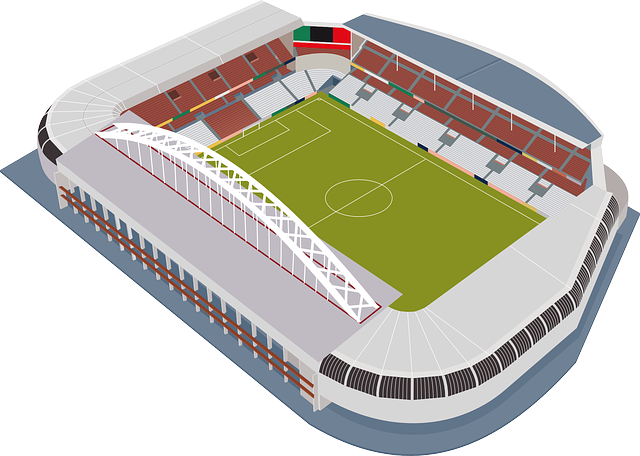 |
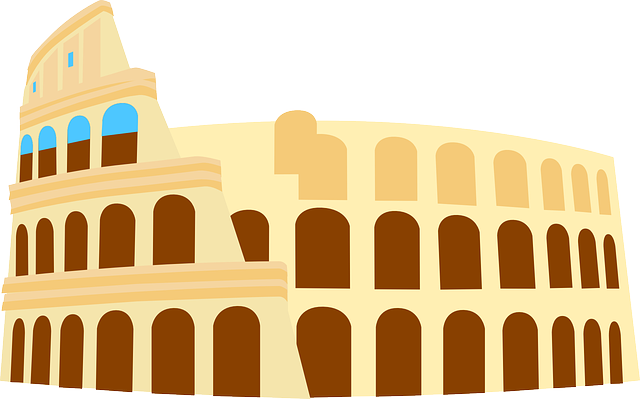 |
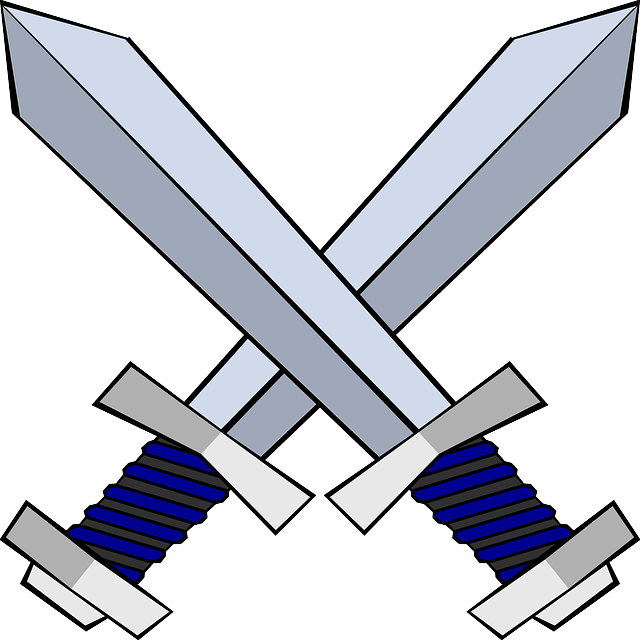 |
 |
|---|---|---|---|
If there is disagreement, capitalize by staging an entertaining debate and maximize ticket revenue. Split revenue equally between debaters so that revenue is more important than winning.
There's no such thing as winning. The goal is revenue and to change minds.
Don King, Vince McMahon, and Dana White never fought, but they made big ticket revenue for their clients. Rocky V features a character that's a boxing promoter.
Some see intolerance as virtue and some see it as vice. Glorify tolerance and shame intolerance.
Getting ticket revenue requires being respectful to fans from all sides. Build an arena that's comfortable to all sides. Build it and they will come. Be the Colosseum of Rome. Fans from all sides tailgate together before the debate and continue tailgating after the debate. Be the sports bar and rake in revenue.
Be sportsmanlike. Refs should enforce good sportsmanship.
We want a clash of titans, not minnows.
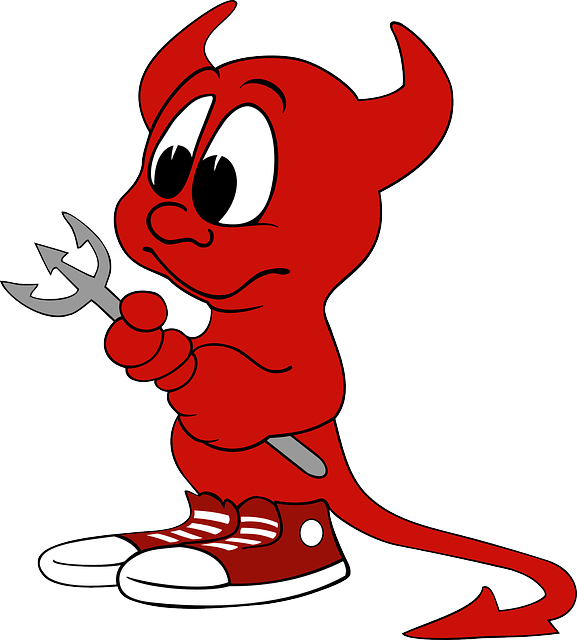 |
 |
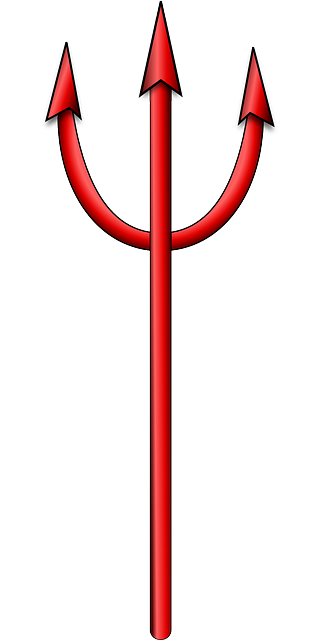 |
|---|---|---|
You must accept challenges from worthy competition and win. You must face the Devil's advocate. Don't hate the devil's advocate if he kicks your butt. He's doing his job.
You must win on neutral turf, in a fair game.
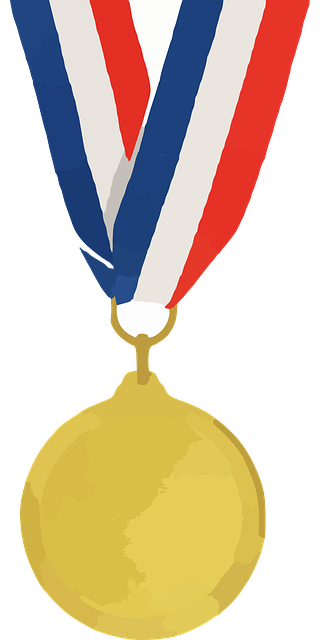 |
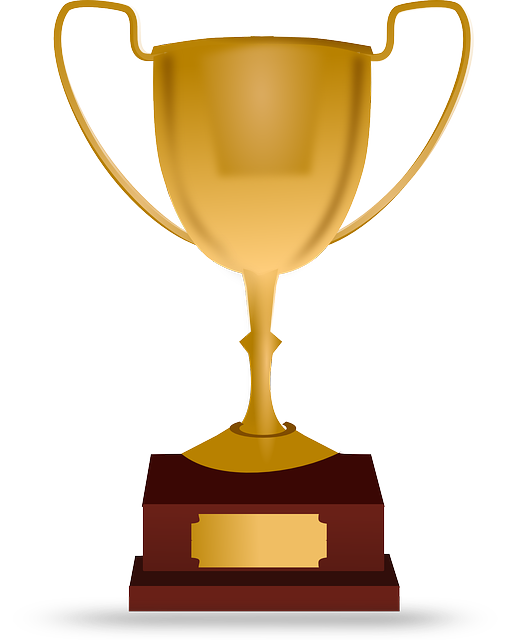 |
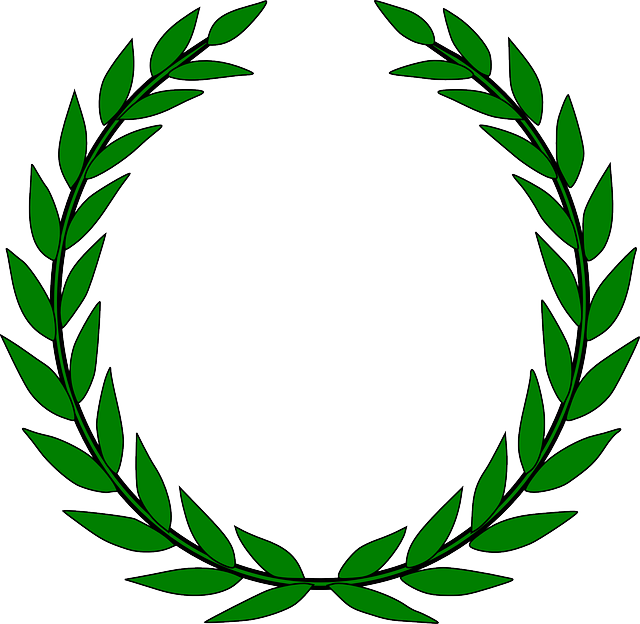 |
|---|---|---|
If you win, you must defend the title against challengers. New data rolls in. Science advances and paradigms change.
If you refuse challenges, then some jerk will declare himself the champion and refuse challenges from you.
 |
 |
|---|---|
You need multiple formats of debate, for example:
(*) Neutral debate, with no moderator. Each side gets to invite half the audience.
(*) Seminar. A speaker delivers an argument in detail. The opposition may ask questions, but the speaker is dictator and moderator. The speaker may silence anyone.
(*) Sermon. A speaker delivers an argument in detail, with no interruptions. The presentation is a polished work of art, like a movie.
This totals 5 debates. A neutral debate, a seminar for each side, and a sermon for each side.
A seminar has 2 stages. In stage 1, questions are allowed but they should be synergistic with the speaker's case. It's inappropriate to attack the speaker's case during stage 1. Stage 2 is for attacks on the speaker's case.
The sermons should happen first, then the seminars, then the neutral debate. By the time of the debate, both teams should be aware of the other team's case, and of the other team's rebuttals to your case. If you don't do this, you're wasting the time of the audience.
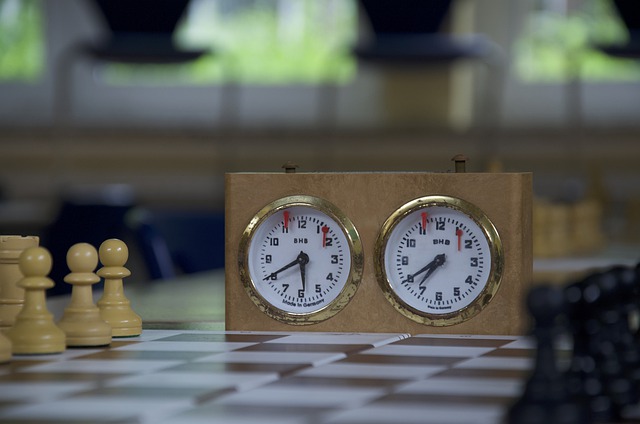 |
|---|
Moderators are rarely neutral. Do away with them and use chess clocks to limit the total time that each speaker may speak.
The Lincoln-Douglas debates didn't have a moderator and there was ample time for rebuttal. Each side got 1.5 hours to speak and there were 9 debates. If you fib, the other candidate had plenty of chances to zap you for it.
The newspapers printed what each candidate said. Partisan newspapers tended to polish the grammar of their candidate and leave the other candidate's words raw, but they would still print the other candidate's words. Today, censorship abounds.
 |
 |
 |
|---|---|---|
Embrace complexity and raise the level of the game.
You can't solve complex problems with simple tools.
If a problem is simple, you have to prove it's simple, and this usually requires complex analysis. You can't escape complexity.
"Complexity deniers" refuse to accept the existence of complexity. They assume that everything that matters is easily understood. They refuse to study and are therefore negligent.
 |
|---|
Cherry picking is considering only a subset of the data. Know all the data. Be a forest, not a tree.
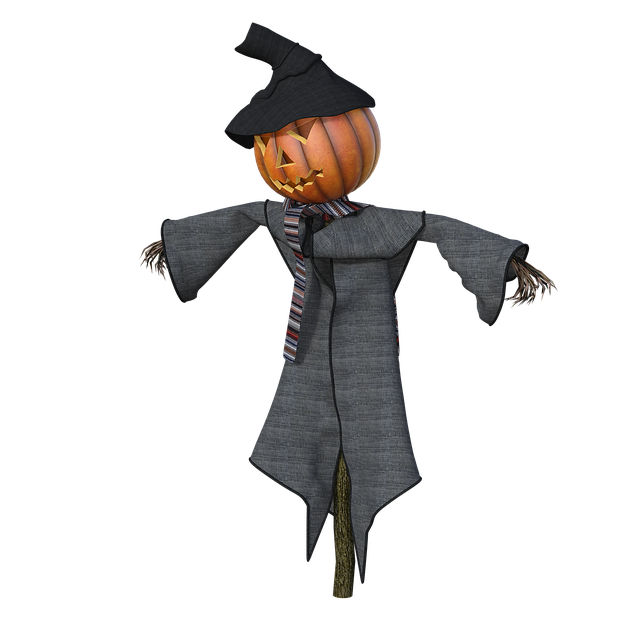 |
|---|
You want to win convincingly. If you have no choice but to assume, lean to the positive. Lean toward complexity, not simplicity. Use the "steel man" strategy.
To straw-man is to assume guilty until proven innocent.
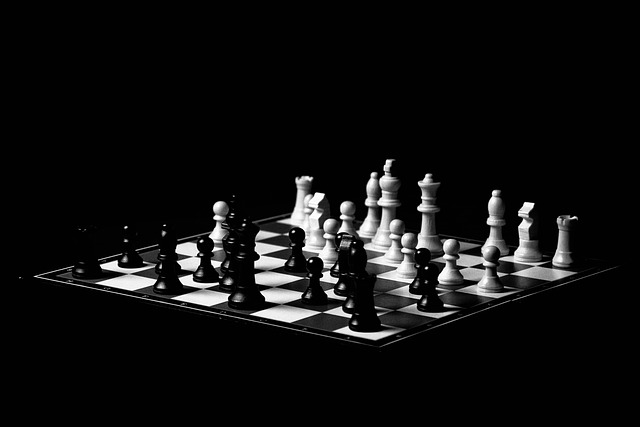 |
|---|
You must respectfully allow the opposition to rebut your statements.
Chances are that the foe has already published rebuttals to your arguments before the debate. If you don't study them, you are negligent. You're wasting the audience's time.
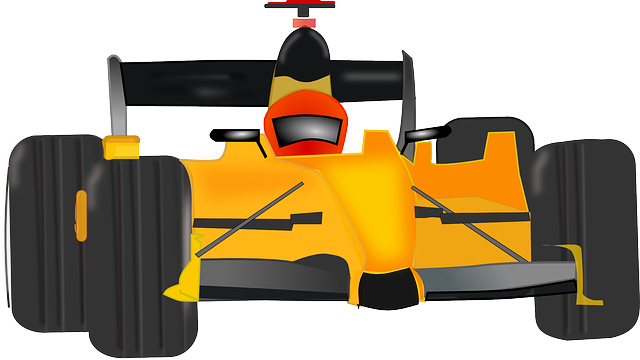 |
|---|
Mario Andretti: If things seem under control, you're just not going fast enough.
If things seem well understood, you're just not discovering fast enough. If things are going well, things feel chaotic and there is little consensus.
A field should have frequent paradigm revolutions, otherwise it's stagnant.
It's okay to challenge the consensus. Science requires it.
Science values discoveries that are ahead of their time. Be far ahead of the pack.
Don't fret about what's right or wrong today. What matters is knowing the right direction to go. You want your hard work to pay off.
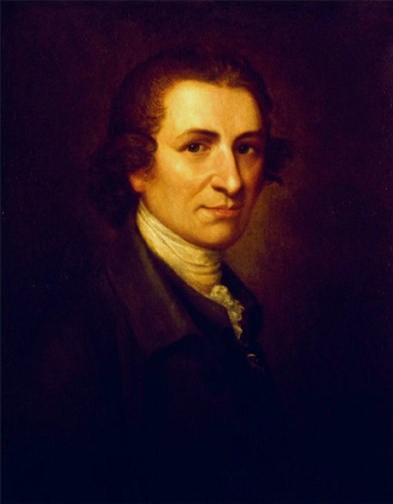 |
|---|
Thomas Payne: He who dares not offend cannot be honest.
It's more important to be honest than inoffensive.
Don't be a wuss. Don't be a crybully. Science doesn't care if you're offended.
Science needs both theory and experiment, and there needs to be synergy between them. Experiments alone are not enough. Facts alone are not enough. If someone is bullying you with facts, chances are that his theory is weak.
Theory tells you where to look for better facts. Theory doesn't just interpret experiments. It guides them as well.
Fact checkers usually cherry pick.
Fact checkers are widely mocked. If fact checkers are your best card, you should fold. Find better cards.
Wizards check facts themselves.
It's not about right or wrong. It's about specific or vague. If you are vague, you are not even wrong.
You are "more than right" if your theory proves to be worth study.
What counts is knowing the direction of the next discovery. You want your hard work to
pay off. If you don't have good guidence from theory, your hard work will become obsolete.
 |
 |
|---|---|
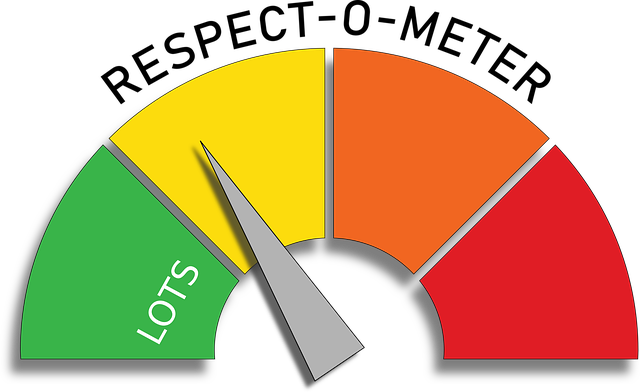 |
|---|
When you rank your social media contacts, there are many possible categories, for example,
Friend How much do you like this contact? Importance How important is this contact? Urgency How time-urgent do you consider this contact? Attention How much attention do you want to give to this contact? You can block a user by giving them a number of 0. Respect How much respect do you have for this contact? Similarity How similar to you is the contact?
You can rank contacts with a clickable 2D display. Customize a display where you associate each category with a display dimension. Create GUI so that you can click on contacts and move them around, thus deciding their ranking. Have an option to move a contact in the X and Y dimension, and also have an option to change the color, size, etc.
Once you have a large record of posts you can display statistics about how people react to your posts. Categories include:
Likes How many times this contact liked you posts.
Engagement How much this contact engages with your posts by replying.
Tags How many times a contact tagged you in his posts.
Similarity How similar this contact is to you. There are many choices of algorithms for this,
and you can customize the algorithm.
Mutual friends
Followers
Points How many points the contact has on the platform point system.
Distance How far away does this contact live from you?
A point system is motivating. Points can be scored for things like:
Posting
Giving and getting likes
Getting replies
Bringing new people to the platform
Rankings of users are motivating. There should be multiple categories. For example, the Tour de France has multiple categories:
Overall time Sprints Mountains Best young rider
Examples of things that can be ranked:
Number of likes
Total points
Points gained in the past month
Respect rank
Hold contests and reward winners with points.
Let there be a group of citizens on a discussion forum.
Citizen i gives a respect weight to citizen j, denoted as Wij. The larger the value of the weight, the more strong the respect.
Weights are normalized so that they add to 1. Σj Wij = 1.
Suppose each person i ranks an object j as Rij. Construct a rank that reflects an averagee of rankings from your friends.
Tij = Σk Wik Rkj
Tij can be greater than 0 even if Wij=0.
Python has utilities that are helpful for a platform, such as
Ranking algorithms. For example, ranking college football teams based on game results.
Network analysis algorithms
Plotting and moviemaking
Offer a vast list of surveys. Have fancy input GUI and fancy displays of results. Offer advanced statistical methods to interpret the results.
A survey engine can be combined with a friend network so that you can seee what your friend like.
A survey engine where users can change their rankings in time can be sensitive to subtle changes in group opionion.
Sports team rankings, especially for college football and college basketball. In these sports, the coach's poll
matters for the postseason.
Who would you like to see your favorite sports teams play?
Political candidates
Tourist destinations
Favorite bands
Favorite current movies and TV shows
Favorite all-time movies and TV shows
Best computer games
Best high-tech toys
Worthy charities
Users should have control over their advertising revenue. Let users negotiate their own deals with advertisers, and let users decide what advertisements appear on their page.
Allow users to endorse products, and create a ranking system for products.
Have a curreny for the platform.
Give platform privileges to people that donate to the platform.
Find a bank to monetize the platform. Also monetize the platform with cryptocurrency. Establish a platform cryptocurrency exchange to make it easy for users to use cryptocurrency locally on the platform. Have a bank to convert cryptocurrency to dollars or gold.
Form an alliance with a precious metals exchange and have a currency that's backed by precious metals.
Most charities are frauds. Legit charities are hard to find, especially small ones. Have a charity ranking system to help people find worthy charities.
Stage public debates with an online audience.
While a debate is going on, have chat rooms where people can talk about the debate in real time.
Have team monitoring the chat room for stuff to bring to the attention of the debaters.
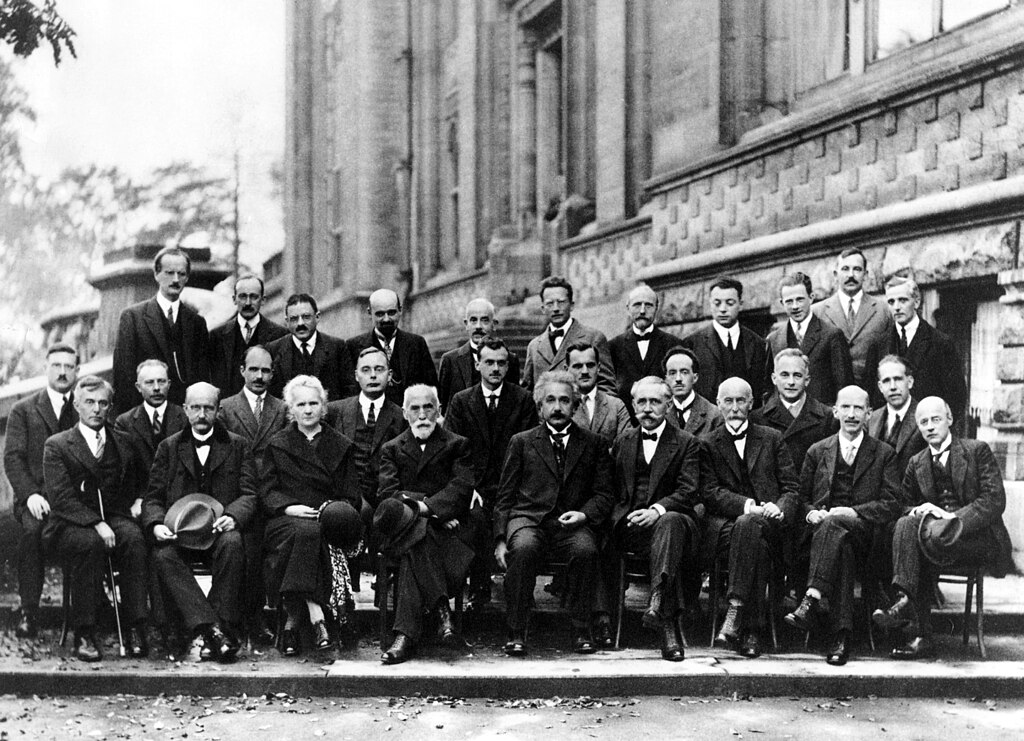 |
|---|
There are many kinds of scientists, working together as a team.
This article is inspired by the writings of David Mumford.
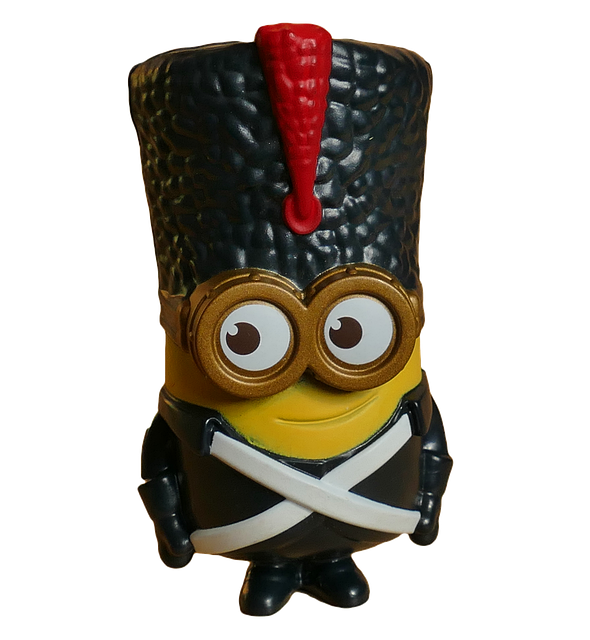 |
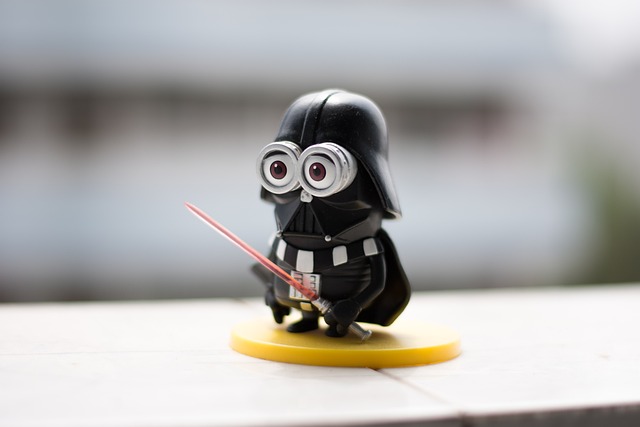 |
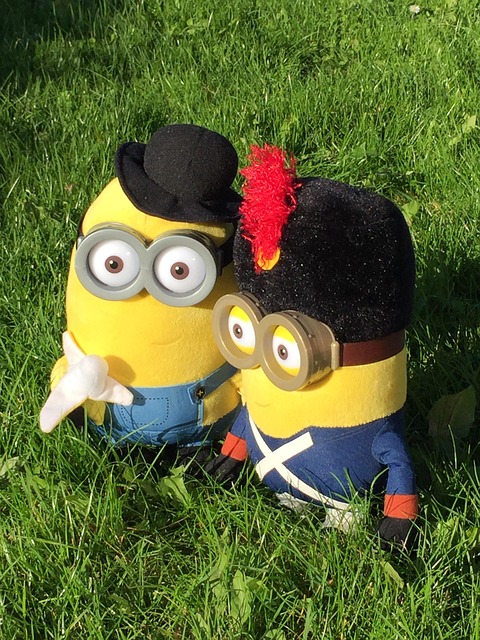 |
 |
|---|---|---|---|
A minion works hard and follows orders.
 |
|---|
A librarian maintains databases and makes them easy to access. The word 'archivist' also applies.
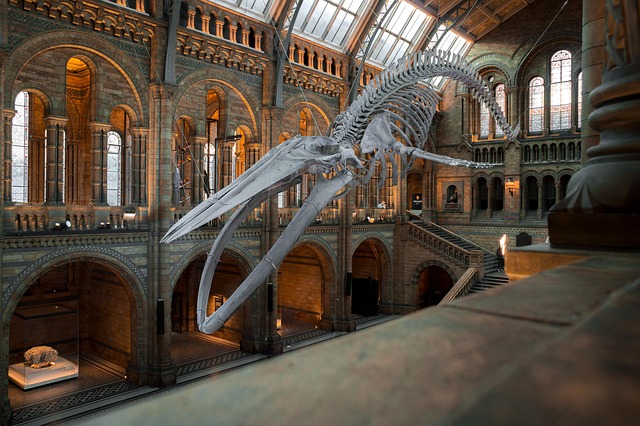 |
|---|
A curator identifies important data and makes polished exhibits.
A gem collector finds cool phenomena.
 |
|---|
 |
|---|
An apex predator has a proven record of being among the strongest. Being ahead of his time. Being right when others were wrong.
 |
|---|
A strip miner ignores superficiality and looks for deep structure.
A computationalist simulates reality. A goal is bang for buck. Getting the most accuracy per computer work.
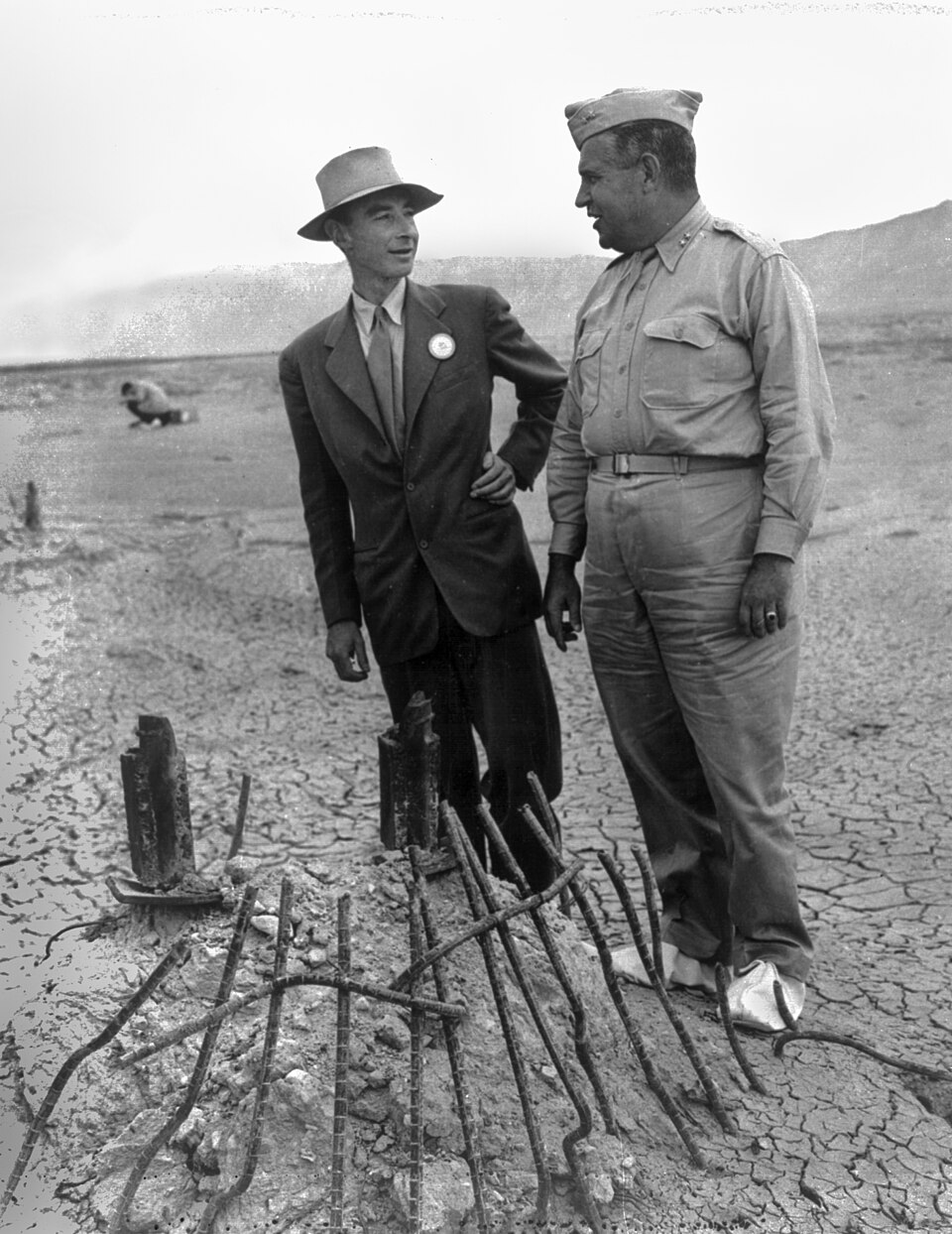 |
|---|
Oppenheimer gave good bang for buck.
Examples of bad administration:
Chernobyl
Texas supercollider
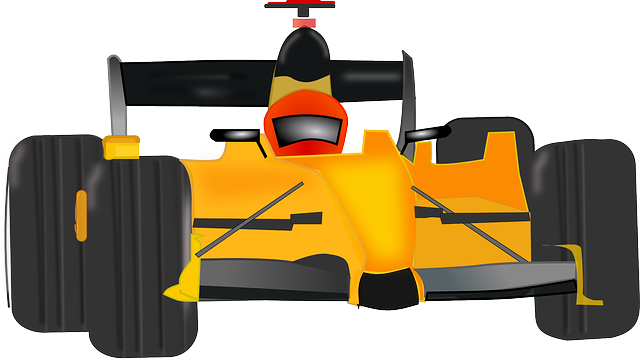 |
|---|
Mario Andretti: "If things seem under control, you're just not going fast enough."
A virtue of a discovery is how far ahead of its time it is. If the discovery hadn't been made, how long would it have been before someone else made it?
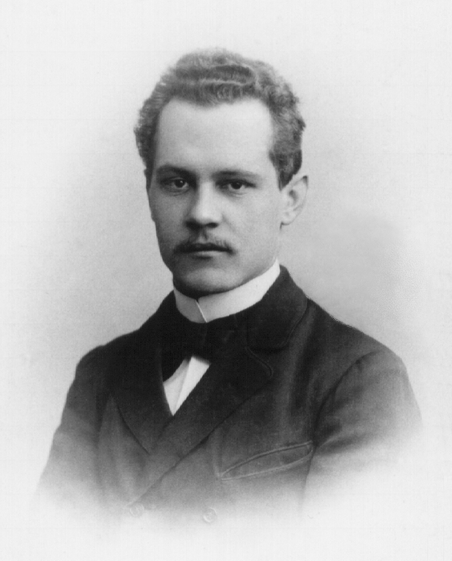 |
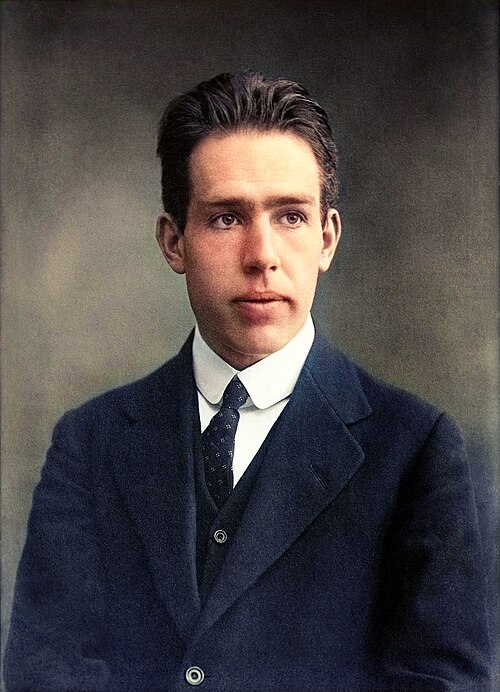 |
|---|---|
A review article gives the status of a field, with references to the important lore.
A "letters" journal publishes short articles that have big urgency.
A "supplement" journal publishes archival papers and long papers.
 |
|---|
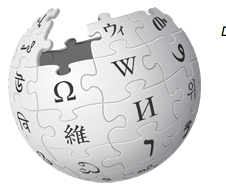 |
|---|
Wiki has 77,000 active contributors, 4,000,000 articles in English, 470 million unique visitors monthly, and has articles in 285 languages. The articles are well linked.
Wiki has lots of data and it's usually well organized. Citations are required. Wiki is often the fastest way to identify journal sources.
Have many sources of data and compare them.
Things a museum can do:
Be a homeschool hub and tutoring center.
Have casual science talks where the audience can enter and exit freely, and have a lecture stadium in a high traffic zone. Have all-around scientists that can handle a wide range of topics. Have a projector and an option for assistants to help with the show.
Have abundant seminars where a topic and time are announced.
Host public debates, such as the Asimov Debate at the American Museum of Natural History.
Have an online museum and a mobile museum. Have an online magazine and news site. Have fancy museum maps.
Have an online forum for the public, and have museum scientists participate.
Host academic contests and train people for contests. The Science Olympiad for K-12 is the most prominent contest.
Support student science projects. For example, using public data archives.
Be a hub for online science data.
Make physical collections accessible. Give tours of the collections.
Host science visitors and science conferences. Have posh offices full of exotic knick knacks and offer them to visiting scientists. Give tours of posh offices. Make the public aware that a museum does research.
Invite the public to make exhibits. Mass-produce exhibits and sell them in the museum shop.
Have an outdoor garden and bird feeders. Have outdoor exhibits that are large, such as vehicals and boulders.
Have prime projects that are advertised to donors. Invite donors to participate in projects. Scientists can be a consultant network for donors.
Encourage donors to contribute to the travel budget, and bring donors to conferences.
Help mueum scientists become celebrities. Scientists should have big web pages.
Exhibits should be touchable if possible, which is good for selfies.
Have screens with an arsenal of videos to choose from. Have science games.
Have a magnitude exhibit.
Have an exhibit with the timeline of technology, along with replicas of ancient technology. Show the history of civilization alongside. Have a long room with parallel timelines for different subjects.
Walls should have posters.
Consolidate dioramas into big dioramas, organized by terrain and continent.
Host parties.
Museum staff can be a band.
Have many TVs that are massive and have high resolution. Have them wrap around in a semicircle around the speaker. Have projectors that beam above the TVs and to the ceiling. If possible, have a transparent floor with TVs underneath. Make the wall TVs 8 feet high and have them extend down to the floor. You want high resolution TVs to see more detail if close to the screen.
When there is no speaker, the room serves as an exhibit.
Have a control panel for the displays that can be operated by a smartwatch or smartphone. Also have a fancy control panel that can be operated by a teammate.
Have comfortable chairs.
Make the room integrated with the rest of the museum space so that passers-by can see into the room. This helps attract crowds.
Have videos at high resolution and have high-resolution gaming. The NFL launched 8K broadcasts in 2025 and has 32 cameras per game.
A TV room can be rented during off hours. Have fancy furniture and catering.
For an 8 foot TV with HD 8K:
Horizontal pixels = 7680 pixels Vertical pixels = 4320 pixels Diagonal size = 8 feet Minimum GPU speed = 30 TFlops TV Cost = 2500 $ GPU cost = 1500 $ Pixel size, TV = .28 mm/pixel Pixel size, high-rez phone = .076 mm/pixel Pixel size, human limit = .045 mm/pixel At a distance of 150 mm Pixel size, Hayden Planetarium= 4.0 mm/pixel Pixel size, Las Vegas Sphere = 15 mm/pixel
Make the center TV 8 foot and fill out the rest of the room with 4 foot TVs, which are $400/meter2. A immersive room of TVs is $10000.
Have a room that's lit only by fluorescence, phosphorescence, and bioluminescence. Don't put exhibits behind glass if possible.
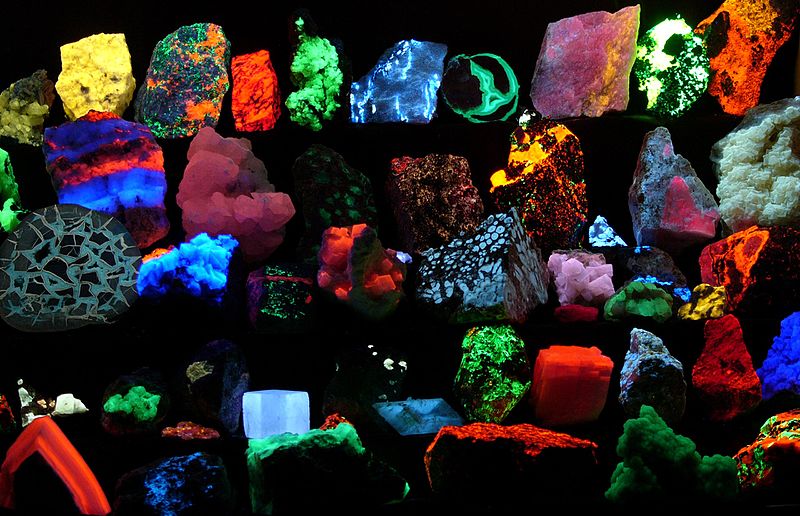 |
 |
 |
 |
 |
 |
|---|---|---|---|---|---|
Have scale models and cover walls with charts.
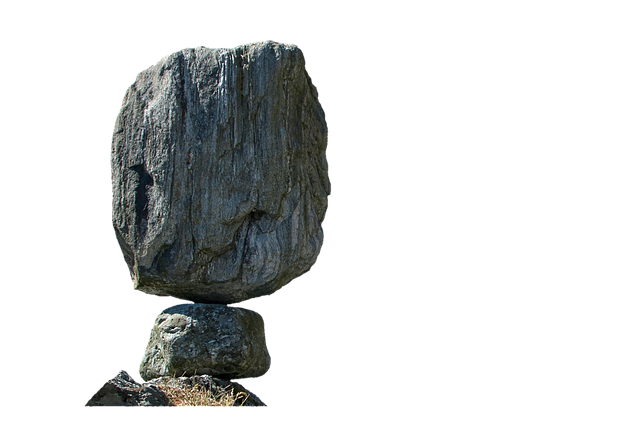 |
 |
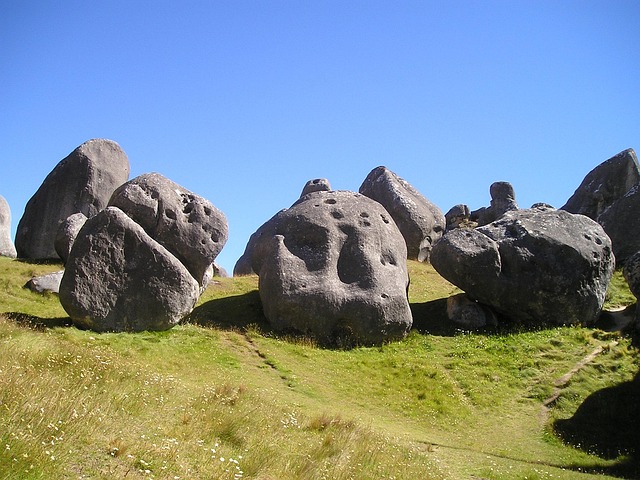 |
 |
|---|---|---|---|
Import cave formations.
Have growing cave formations. Stalactites and stalagmites grow at up to 3 mm/year.
Have boulders outside that have minerals.
 |
 |
 |
 |
|---|---|---|---|
 |
 |
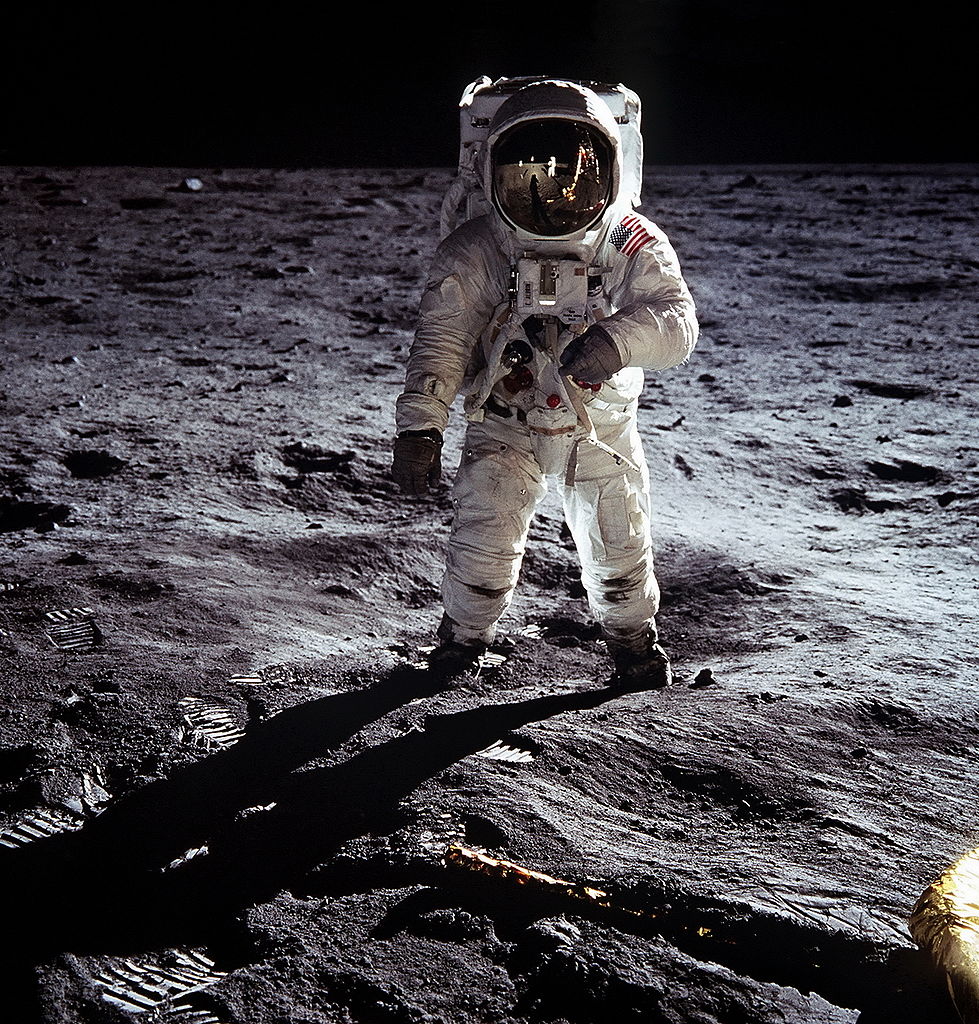 |
 |
|---|---|---|---|
 |
 |
|---|---|
Have foam sculptures and dioramas of alien worlds.
Have projects available, such as:
Make videos of animal tracking data from movebank.org.
Make videos of physics simulations using public codes like Blender.
 |
|---|
Have miniature replicas of structures.
Math is a prime prerequisite.
Advance in math as fast as possible. Advance in physics as fast as
math allows.
Recommended pace:
Most humanities is bull, but history is bank. The more history you know,
the better, and it makes you interesting in conversation.
Keep a list of all the history material that you've studied, for example,
textbooks, documentaries, films, etc.
When watching historical fiction, study Wiki pages and keep track of what's
true history and what's not.
Tackle math contest problems. Give big time to hard problems. Study solutions.
Math contest problems and solutions:
Strategic clubs:
Football
Wrestling
Film production
Acting, musical theater, standup comedy, writing, etc.
Orchestra and choir
Journalism
Things a school should have:
Most things in preschool can be taught by any adult. You don't need specialized teachers, except for
posture and the mind-body system. For this you need a specialist, such as an Alexander Technique practitioner.
Posture is critial for kids and Alexander Technique includes posture. Most Alexander Technique practioners
are professional musicians and can teach any instrument. They can also give kids good sports fundamentals.
Advance as far as possible in math and science.
Know an orchestral instrument and have experience playing in ensembles.
Know wrestling. Wrestling is the foundation for most sports.
Know programming, especially python. Python is the standard in science.
Know as much history as possible. History is bank whereas most humanities
are bull.
Do acting, standup comedy, improv comedy, and oration.
Be selective about what to memorize. Memorize only things that you'll
remember long-term. Many classes overdo memorization.
Things to memorize:
The timeline of American presidents. Read the Wiki page for each
president and each election. Whenever you encounter an event
in history, note who was president, so that you can approximate the year that the
event took place. Also know the timeline of monarchs of England and the UK,
from Charles I (1625) to the present.
American presidents: American presidents.
The timeline of civilization, especially western civilization.
Organize the timeline around wars and revolutions.
History of science and civilization.
The timeline of science. Connect it to the timeline of civilization.
Read the Wiki pages for important elements in timelines.
The world map and the American state map. Know the locations of major cities. Don't worry
about state capitols.
For each scientific unit, read the Wiki page and memorize important numbers.
Have an awareness of magnitude for each unit. When encountering a new number,
note where it fits in the table. Study charts and make magnitude awareness visual.
The periodic table. Read the Wiki page for each element, and read the pages for molecules
that come up. You don't have to memorize the actinides (rare earths) or the short-lived
elements (polonium through francium).
Study the important isotopes, which are the isotopes of hydrogen, helium, uranium, and plutonium.
Know how nuclear bombs and nuclear reactors work.
Molecules. Read lots of Wiki pages on molecules, especially organic molecules.
Latin. Romance languages are easier if you speak Latin.
Classical literature.
All wars involving America. Also memorize the most important European wars.
The history of Japan, China, India, Tibet, and Mongolia.
Sports:
Things you don't need to memorize:
Most European monarchs. For any given country, the monarchs tend to be similar. However, do
memorize the monarchs of England and the UK, from 1625 to the present. Read about the
most important European monarchs.
Complex biochemical processes.
Most philosophers can be ignored.
Spelling.
Dr. Maron's Science Olympiad coaching page.
Schools fight for prestige, and SO is a factor. It's analogous to college
football. SO is domininated by dynasty schools. There is hunger for SO
coaching. SO connects you to the world of high school science teachers.
New York's heavyweight schools are Fayetteville-Manlius, Melville,
Maine-Endwell, Cicero North, Stuyvesant, Syosset, Bronx Science, Brooklyn
Technical, Staten Island Technical, Great Neck South, New Albany, Columbia
High, Mount Academy, and Kellenberg Memorial.
SO has many tournaments. The most prestigious are MIT, Mason Ohio, Los Angeles,
San Francisco, U Penn, U Wisconsin, U Chicago, Northwestern, U Michigan, Las
Vegas, Rickards Florida, Duke, Princeton, Yale, U Texas, and Carnegie Mellon.
New York has no prestigious SO tournaments. There is opportunity for museums to
host tournaments.
Dr. Maron has an SO coaching page at https://jaymaron.com/scioly.html.
When Dr. Maron was in high school he was captain of the Madison West team
that placed 2nd at nationals, and he has gold medals in the electronics and Fermi events.
Some of the best best mind-body arts are Alexander Technique, the Feldenkrais method,
and craniosacral Therapy. Practitioners make big money.
Do not get a degree. Degrees costs unnecessary money, course time, and administrative
hoop-jumping. Focus on professors and course.
Find the best professors and courses among the CUNY schools.
For each course, work hard and obtain a letter of recommendation. On your
CV, least each course, the professor, the textbook, and the content of each course.
Don't take an excessive course load so that you can work a job while taking courses.
Wikipedia: The Common Core standards are copyrighted by NGA Center for Best
Practices (NGA Center) and the Council of Chief State School Officers (CCSSO),
which controls use of and licenses the standards. The NGA Center and CCSSO do
this by offering a public license which is used by State Departments of
Education. The license states that use of the standards must be "in support"
of the Common Core State Standards Initiative. It also requires attribution and
a copyright notice, except when a state or territory has adopted the standards
"in whole".
In other words, if you teach in a Common Core state, you do not have the
discretion to modify the standards or to improve them. The standards should be
public domain to empower teachers.
Wikipedia: U.S. President Barack Obama and U.S. Secretary of Education Arne
Duncan announced the Race to the Top competitive grants on July 24, 2009, as a
motivator for education reform. Though states could adopt other college and
career-ready standards and still be eligible, they were awarded extra points in
their Race to the Top applications if they adopted the Common Core standards by
August 2, 2010.
In other words, Federal money was used to compel states to conform to the Common
Core.
Have a nice student center with things like
lounges, gyms, lockers, kitchens, etc.
Itemized pricing.
Professors are independent and they negotiate tuition with students directly.
A student's record should reflect the skills he learned. De-emphasize majors and degrees.
Replace grades with pass-fail, with a high standard for passing.
Professors should be the type of people who can contribute to the student's education
outside the classroom.
Wikipedia: The textbook market does not operate in the same manner as
most consumer markets. First, the end consumers (students) do not select the
product, and the product is not purchased by faculty or professors. Therefore,
price is removed from the purchasing decision, giving the producer (publishers)
disproportionate market power to set prices high.
This situation is exacerbated by the lack of competition in the textbook
market. Consolidation in the past few decades has reduced the number of major
textbook companies from around 30 to just a handful. Consequently, there is
less competition than there used to be, and the high cost of starting up keeps
new companies from entering.
Another publishing industry practice that has been highly criticized is
"bundling", or shrink-wrapping supplemental items into a textbook.
Supplemental items range from CD-ROMs and workbooks to online passcodes and
bonus material. Students do not always have the option to purchase these items
separately, and often the one-time-use supplements destroy the resale value of
the textbook.
A 2005 Government Accountability Office (GAO) Report found that the production
of these supplemental items was the primary cause of rapidly increasing prices.
project
Make magnitude charts. *
Sports ratings. *
Use animal tracking data from movebank.org to make videos. *
Use astronomy archive data to make charts. *
Use astrophysics simulation archival data to make videos.
Simulate fairy chess variations and study game depth. *
Make a genetic evolution chart with strategic time scaling. Add pictures of animals, with backgrounds reflecting
the environment. Museum dioramas. Have a linkable version where you can click on animals to get an expanded page.
Existing evolution charts suck.
Simulate neutron hydrodynamics. Design a neutron compressor.
Test the mechanical properties of materials for 3D printers.
Test the mechanical properties of balsa. *
Science Olympiad: Write textbooks and tests. *
Build museum exhibits.
Build a mobile museum that fits in a van.
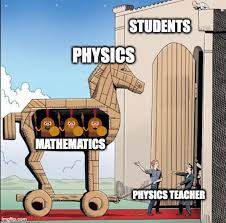
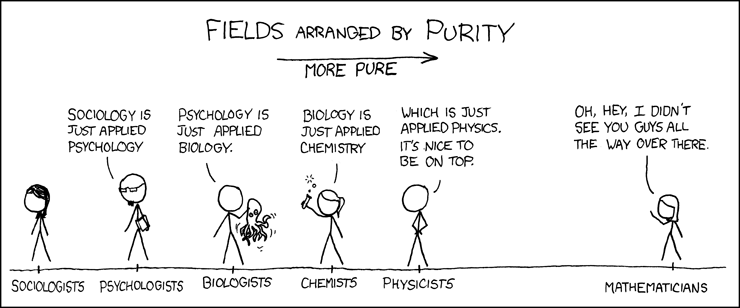
Grade Humanities Math Science Physical
-1 Speaking Simple sports, musical instruments
Letters
Foreign langs
0 Writing words Numbers Biology
1 Writing sentences Addition Rocks & minerals Track sports
Board games Racquet sports & golf
2 Writing paragraphs Mult & divide
History shows
3 Acting Floating point Earth Weightlifting
Band Climate Wrestling
4 History timelines Math contests Units Flag football & rugby
5 Oration Programming Chemistry 1
6 Writing essays Algebra
Computation
7 Linear algebra Simple physics Tackle football
Precalc Organic chemistry
8 Simple calc Physics 1
Abstract algebra
9 Calculus 1 Physics with calc
Computation with calc
10 Diff equations
10 Vector calc
10 Physics with Lagrange
11 Partial diff eqs
AIME. Art of Problem Solving
Putnam. Dr. John Scholes
Putnam. Dr. Kiran Kedlaya
Toys
Glamorous toys, like huge stuffed animals
Creative toys, like legos, tinker toys, origami, etc.
Teaching toys, like an electronics kit
Sports
Gear for every sport
Weights
Athletic field. Tennis courts. Net for golf and baseball. Pitching machine
Playground equipment
Golf green that's flat
Golf green with lots of curvature
Skateboard park
Music
All musical instruments. Each instrument has an electric amplifier
System to network electric instruments
Recording studio with fancy mics and cameras
Bass speakers with high power
Games
Puzzles & board games
Gamestations
Art
Gear
Museum
Lounge
Gameroom. Ping pong, billiards, foosball, horseshoes, etc.
TV
Pets
Bird feeders
Whiteboard, floor to ceiling
Kitchen. Kids can cook their own food
Library
Museum. Science, art, history, geography, etc.
Lab
Machine shop with stockroom
Auto repair shop with stockroom
Electronics shop with stockroom
Computer system with software for audio-visual and AI
Fancy mics and cameras
Fancy speakers and projectors
Poster printer
3D printer with a stockroom of print material
Amateur radio gear. Radio tower and antenna
Logging gear and saw mill
Stonemason gear and stone mill
Zoo
Captive animals
Wild animals. Feed them
Units and scientific fundamentals
Magnitude charts
College athletic conferences.
National Football League teams
Major League Baseball teams
Sports dynasty teams
Sports individual legends
The Science Olympiad is big cheese. 8000 schools compete, and heavyweight
schools field 5 teams.
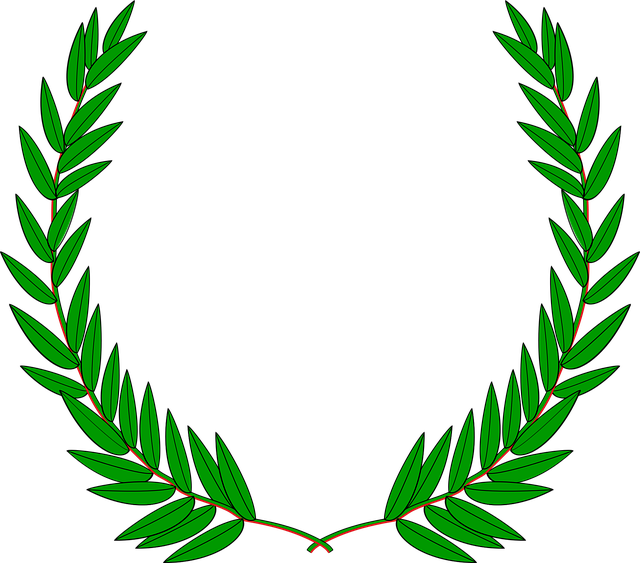

© Jason Maron, all rights reserved.
Data from Wikipedia unless otherwise specified.